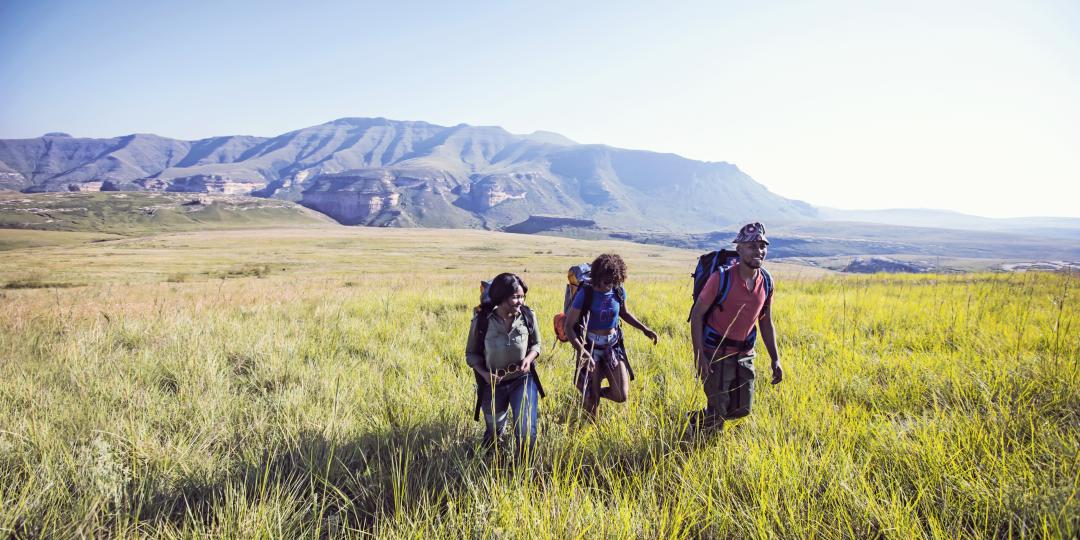Power Panel: Tourism Update asked experts to weigh in on the rising trend in eco-tourism.
In the wake of COVID and the sudden hiatus in all travel, industry insiders believe that travellers may be seeking out more environmentally conscious tourism products and looking to travel less frequently.
“Prior to the COVID-19 outbreak of 2020, the luxury travel industry was starting to see an increased desire for purposeful travel experiences that contributed to the wellbeing of our planet and its people. However, prior to the global travel bans, the rate that people from around the world were travelling was unsustainable,” said CEO of Ker & Downey Africa, Lee Kelsall.
He said an unintentional result of the global travel restrictions was an environmental recovery. “I believe that the unpolluted blue skies, lack of crowds and the re-emergence of wildlife in certain unexpected places are likely to have struck a chord with many. This could be a defining moment for travel companies advocating a more considered approach to long-haul travel.”
Others agreed that while the trend had begun prior to the pandemic, consumers in a post-COVID world would be even more environmentally conscious.
“The post-COVID traveller will continue to appreciate and support ecotourism. The environment is at the forefront of most people’s minds, particularly in a world that has faced all the adversity of 2020,” said Regional Director of Minor Hotels, Mark Havercroft.
“It actually has been a priority and a programme inclusion for our MICE and leisure travellers for a while, but I believe will be vital going forward,” said VP of Sales and Marketing at Dragonfly Africa, Yolanda Woeke.
CEO of BON Hotels, Guy Stehlik, told Tourism Update that his company had noticed the trend, particularly among millennials and the younger generation.
Counter-intuitively, should this generation of eco-conscious travellers become too discerning about their destinations, they may be taking funding away from important conservation and environmental projects funded by tourism activities, according to Kelsall.
“The downturn in tourism revenue as well as donations in 2020 have posed a range of threats for the ongoing work that needs to be done to ensure the safety of Africa’s endangered wildlife and people. Reactivating travel to remote corners of Africa is therefore crucial,” said Kelsall. “Our hope is that travellers will seek more purposeful travel experiences and support environmentally conscious hotels and lodges that provide revenue for much-needed cultural and environmental preservation.”
Adrian Gardiner, Chairman of eco-hotel group, Mantis, agreed with Kelsall. “Mantis foresees the emergence of a new type of travel, driven by a unique new class of travellers. Those who care more deeply about the planet, and understand the importance of time well spent. We foresee more families travelling together for longer, and less frequent holidays.”
























